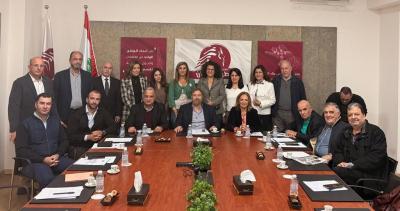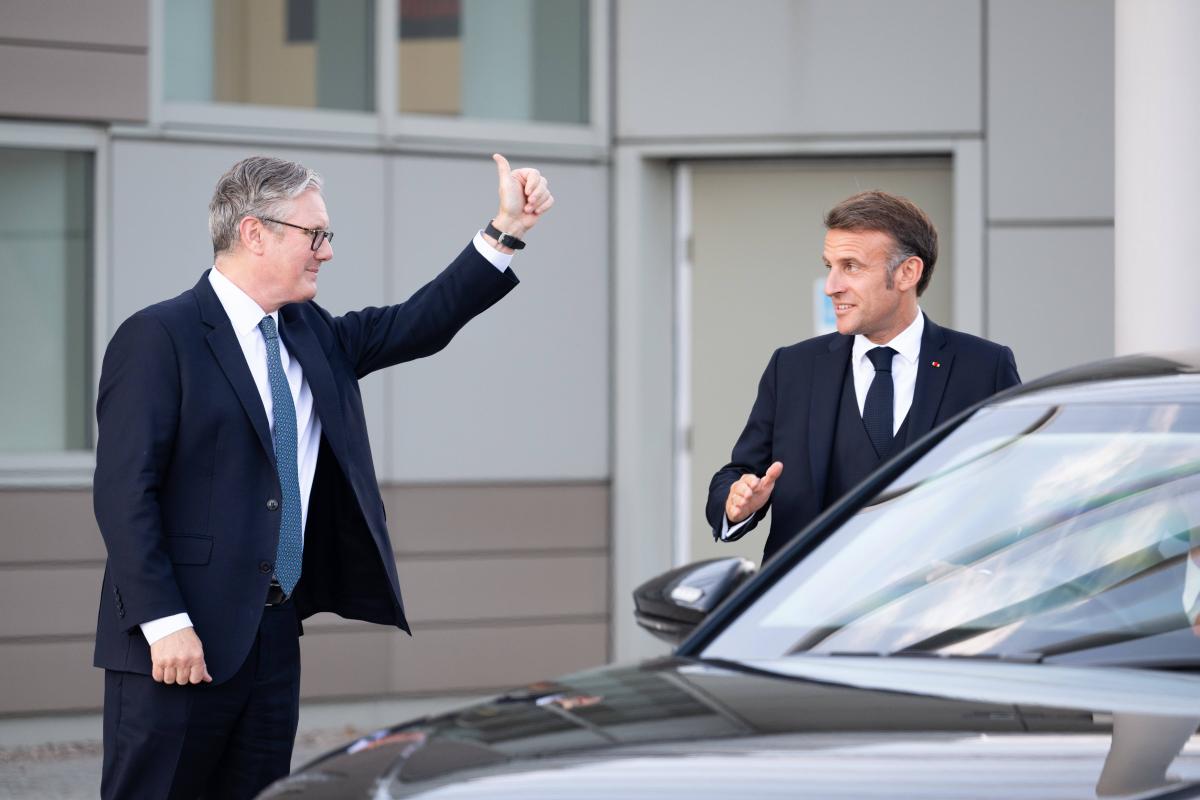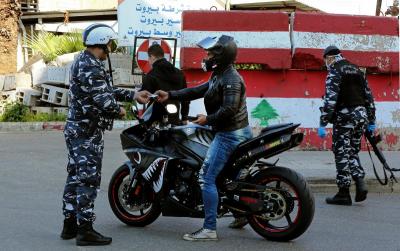At the 37th Franco-British summit, Emmanuel Macron and Keir Starmer sealed an unprecedented agreement on illegal immigration, as Channel crossings reach record levels. Announced Thursday from the Northwood military base, the pact aims to curb the influx of migrants arriving in small boats. “This exceptional pilot program” provides that intercepted migrants will be “detained and returned to France as quickly as possible,” the British Prime Minister specified. In return, for each person sent back, another will be allowed to legally immigrate to the UK, based on a "one for one" principle. The goal: to dry up the smugglers’ business.
Keir Starmer hailed a “revolutionary” migrant return mechanism, while Emmanuel Macron praised “strong and new decisions.” France will also change its maritime practices: law enforcement will now intervene in shallow waters, not only for rescue operations, to counter the smugglers’ new "taxi boats."
The agreement, which must still be submitted to the European Commission, is causing concern in Italy, Spain, and Greece—main countries of entry—who fear being forced to take back rejected migrants under the Dublin rules. According to the BBC, only 2,600 migrants per year would be affected, or 1 in 17, while 44,444 crossings were recorded in one year.
Beyond immigration, London and Paris have strengthened their military cooperation. For the first time, their nuclear deterrents could be “coordinated.” The two countries also want to adapt the Franco-British Combined Joint Expeditionary Force (CJEF) to new conflicts and improve their industrial cooperation in the defense sector.
Economically, the UK will invest €163 million in Eutelsat, a strategic player in European space, while EDF will take a 12.5% stake in the future British nuclear power plant, Sizewell C. “Brexit is behind us,” declared London’s Lord Mayor Alastair King. Emmanuel Macron, more cautious, called for “unity in the face of global turbulence.”
Please post your comments on:
[email protected]
 Politics
Politics













